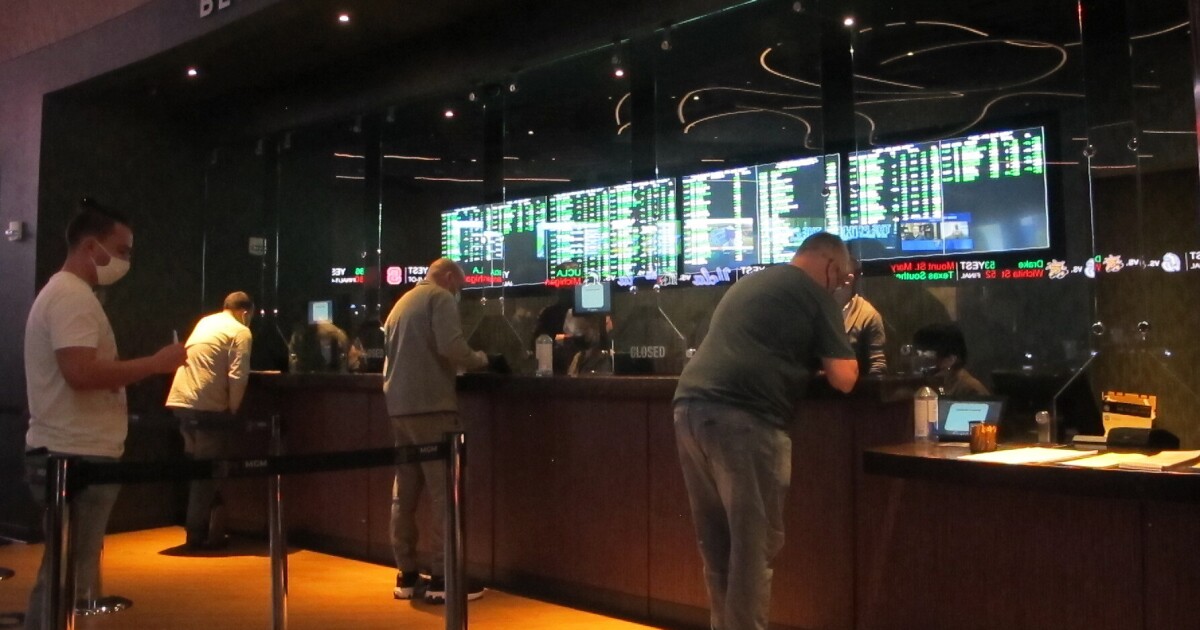South Korea’s Crackdown on Illegal Gambling: Protecting Teenagers from Online Dangers
South Korea is intensifying its battle against illegal gambling, a move prompted by the recent dismantling of a gambling ring that specifically targeted teenagers. With concerns rising over the accessibility of illegal online betting and its influence on youth, law enforcement agencies are taking decisive steps to address this alarming trend.
The Investigative Breakthrough: A Tangled Web of Deceit
The Daejeon Metropolitan Police Agency has made significant strides in curbing illegal gambling operations, following an extensive investigation that began in January of this year. The inquiry was initiated after a distressing report surfaced: a parent had voiced concerns about an individual extorting money from their middle school child in Daejeon. This incident served as a catalyst for a comprehensive probe into illicit online betting activities.
As a result of the investigation, law enforcement officials arrested ten individuals believed to be operating nine illegal gambling websites. While nine of these suspects have been charged with running unlawful gambling operations, the status of the tenth individual remains ambiguous, suggesting either their release or potential future charges.
The Scale of the Underground Operation
The investigation uncovered a staggering level of organization among those behind these gambling websites. Law enforcement identified that around 10,000 deposit accounts were utilized across these unlawful sites. Analyzing the data gleaned from the shutdown of the operation revealed that nearly 200 teenagers had participated in illegal gambling activities, highlighting the need for urgent intervention to protect young minds.
The gambling ring strategically targeted minors, offering a range of simple games and betting options, such as wagers on football matches that appealed to a younger audience. This calculated targeting raises concerns about the vulnerabilities of children to online gambling.
A Closer Look at the Underage Participants
Among the nearly 200 teenage participants in this scheme, the Daejeon Metropolitan Police Agency reported that 171 were definitively identified as minors engaged in various gambling activities. A demographic breakdown showed that the majority of these adolescents—163, to be precise—were in high school. In contrast, eight individuals were still in their middle school years, exacerbating the worry about the implications of this widespread gambling culture.
To access these games, teenagers were compelled to purchase in-game currency using real money. Many young individuals reportedly stumbled onto these sites due to peer influence, illustrating how problematic social dynamics can facilitate harmful behaviors. An official statement from the Daejeon Metropolitan Police Agency noted, “Many students accessed the sites out of curiosity after being encouraged by friends,” underscoring the challenge of peer pressure in digital environments.
Financial Stakes and Legal Consequences
The illicit gambling ring generated an astonishing amount of game currency—equivalent to 500 billion won (around $364 million)—distributed across the nine different websites. In light of the operation’s success in dismantling this network, authorities have also requested a preservation order for 353 million won (approximately $257,238) believed to be proceeds from these illegal activities. This move indicates a broader strategy to reclaim financial resources derived from criminal operations.
The legal repercussions for the youthful offenders vary significantly. Of the students involved, 131 received mere warnings for their transgressions, a decision that reflects an understanding of their age and potential for rehabilitation. However, 35 students were referred for further legal judgment, while five individuals faced more serious charges, either due to repeat offenses or having deposited over 5 million won.
Conclusion: The Path Forward in Combating Illegal Gambling
As South Korea grapples with the pervasive issue of illegal gambling among its youth, the law enforcement actions detailed above highlight a critical turning point in addressing this societal concern. The targeting of minors by illegal gambling networks poses a significant danger to their mental, emotional, and financial well-being. Moving forward, it is crucial for parents, educators, and the community to foster open dialogues about the risks associated with online gambling and to advocate for stronger protective measures against such predatory practices. Enhanced awareness and proactive involvement can play vital roles in safeguarding the future of South Korea’s youth from the perils of illegal gambling.













